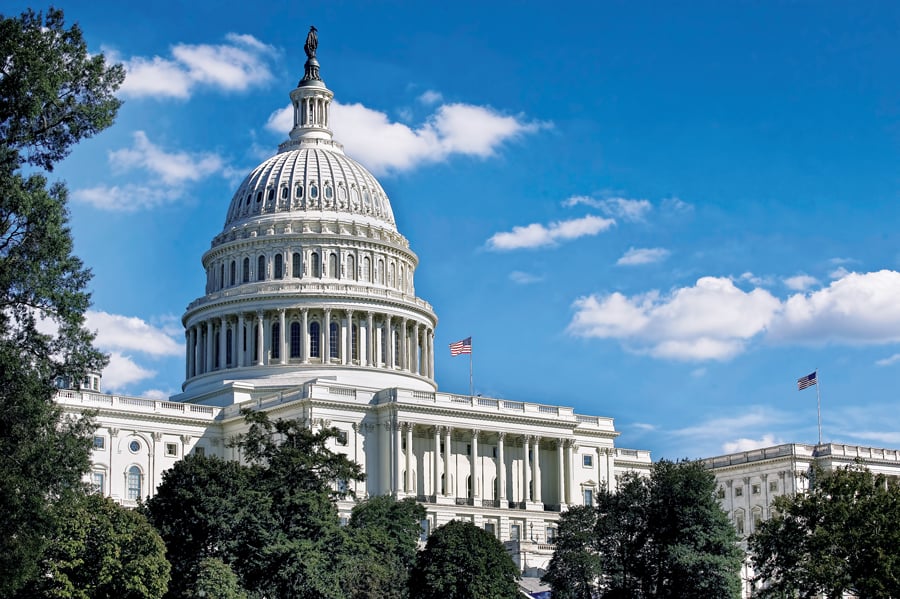

House representatives from both political parties called on the SEC to approve applications for Ether spot ETFs, getting their wish when the regulator gave its seal of approval yesterday evening.
“With the Commission’s actions earlier this year, it seems a natural progression that would not only demonstrate consistency in the Commission’s application of its standards but would also affirm the legal reasoning that facilitated the spot Bitcoin ETPs decision,” stated a bipartisan letter shared by Representative French Hill on Thursday.
The letter was signed by Hill, Tom Emmer, Mike Flood, Josh Gottheimer, and Wiley Nickel.
The SEC initially resisted approving Bitcoin spot ETFs but relented in January after losing a court case to crypto asset manager Grayscale. In that legal clash, Grayscale argued that the SEC's approval of Bitcoin futures ETFs made rejecting Bitcoin spot ETFs arbitrary and illegal.
Given that Ethereum futures ETFs are already approved, the lawmakers argue that the same rationale should apply to Ether spot ETFs.
“The Commission should apply the same principles set forth in the approval of the spot Bitcoin ETPs as it evaluates the pending Ether ETP applications as the legal considerations pertinent to Bitcoin also apply to Ether,” the letter continued.
The representatives also advocated for a fair approach to “other digital assets,” implying potential support for altcoin ETFs following Ether.
Until recently, experts did not anticipate the SEC would approve spot Ether ETFs before the May 23 deadline for VanEck’s application. That changed earlier this week when the SEC began assisting exchanges and issuers in expediting their applications.
In a related development, a bipartisan supermajority in the House on Wednesday passed Hill’s FIT21 bill, aimed at providing regulatory clarity for the cryptocurrency sector, with 71 Democrats voting in favor.
Ahead of that decision, SEC Chair Gary Gensler spoke out against the legislation, warning that it could open a Pandora’s box of regulatory gaps that could leave investors exposed.
“There are more than 16,000 crypto assets that currently exist,” Gensler said. “Given limits on staff resources, and no new resources provided by the bill, it is implausible that the SEC could review and challenge more than a fraction of those assets.
“The result could be that the vast majority of the market might avoid even limited SEC oversight envisioned by the bill for crypto asset securities,” he said.

By listening for what truly matters and where clients want to make a difference, advisors can avoid politics and help build more personal strategies.

JPMorgan and RBC have also welcomed ex-UBS advisors in Texas, while Steward Partners and SpirePoint make new additions in the Sun Belt.

Counsel representing Lisa Cook argued the president's pattern of publicly blasting the Fed calls the foundation for her firing into question.

The two firms violated the Advisers Act and Reg BI by making misleading statements and failing to disclose conflicts to retail and retirement plan investors, according to the regulator.

Elsewhere, two breakaway teams from Morgan Stanley and Merrill unite to form a $2 billion RIA, while a Texas-based independent merges with a Bay Area advisory practice.
Orion's Tom Wilson on delivering coordinated, high-touch service in a world where returns alone no longer set you apart.
Barely a decade old, registered index-linked annuities have quickly surged in popularity, thanks to their unique blend of protection and growth potential—an appealing option for investors looking to chart a steadier course through today's choppy market waters, says Myles Lambert, Brighthouse Financial.
